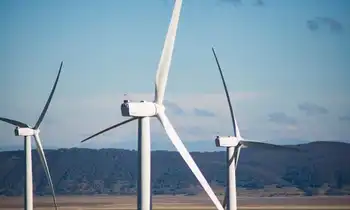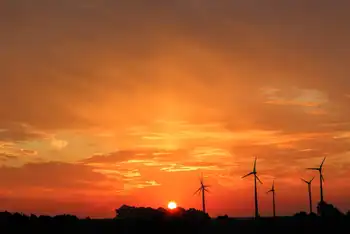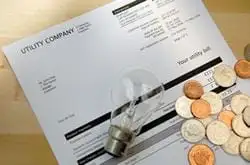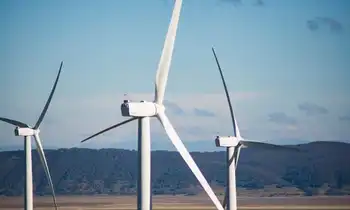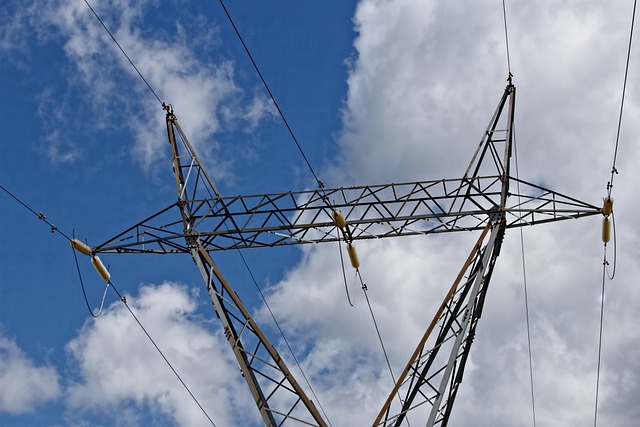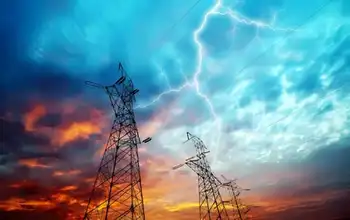Canadian nuclear industry under scrutiny
By Toronto Star
Substation Relay Protection Training
Our customized live online or in‑person group training can be delivered to your staff at your location.

- Live Online
- 12 hours Instructor-led
- Group Training Available
CanadaÂ’s nuclear regulator insists the countryÂ’s nuclear sites in New Brunswick, Quebec and Ontario are prepared to handle a natural disaster comparable to the 8.9-magnitude quake that rocked Japan.
Even so, experts warn the disaster unfolding in Japan could lead to a shift in public opinion and bring about safety measures that will make nuclear power a more costly energy source.
“I think we’re going to have a renewed, global conversation about the responsible management of the atom,” Tom Adams, an Ontario-based energy consultant, said in an interview.
“At minimum, it’s going to send us back to the drawing board on the safety of existing reactors.”
Japanese officials were scrambling to prevent meltdowns at some of their nuclear units after they lost cooling ability in the wake of the powerful tremor and tsunami.
A Nova Scotia-based expert on nuclear disasters called the problems in Japan a “major blow to the industry.”
David Mosey, author of Reactor Accidents, which chronicles the tragedy of Chernobyl and other nuclear disasters, said the industry will need to examine closely what could have been done differently.
On the whole, though, Mosey said nuclear energy has been relatively safe and every energy source has its hazards.
In some 14,000 cumulative reactor-years of commercial operation in 32 countries, there have been two major accidents — Chernobyl and Three Mile Island, according to the World Nuclear Association, an industry group.
In Canada, nuclear power saves about 90 million tonnes of greenhouse gases per year compared to coal-fired generation, according to the Canadian Nuclear Association.
ThatÂ’s about 12 per cent of CanadaÂ’s total greenhouse gas emissions.
In addition, CanadaÂ’s nuclear power stations contribute about $6.3 billion each year to the countryÂ’s GDP.
The nuclear troubles in Japan, however, are unlikely to help Atomic Energy of Canada Ltd., the countryÂ’s struggling nuclear energy research arm.
“I think AECL’s prospects have dropped even further into the basement,” said Adams.
“Everybody is going to get caught in the downdraft.”
The federal government put AECLÂ’s CANDU reactor business up for sale in 2009, but has yet to find a buyer.
In the past, Adams said nuclear accidents and near-accidents have led to more stringent safety requirements.
ThatÂ’s a good thing, he said, but it also means nuclear power will become more expensive.
For instance, the French reactor being built in Finland right now costs significantly more because it has the most modern safety systems, he said.
Canada has five nuclear reactor complexes: one in New Brunswick, one in Quebec, and three in Ontario.
CanadaÂ’s nuclear regulator said itÂ’s confident Canadian reactors could withstand a tremor or a tsunami.
The Canadian Nuclear Safety Commission posted a statement on its website saying the country’s nuclear plants “are among the most robust designs in the world” in the world and have tools in place to prevent damage in the case of such a natural disaster.
A spokeswoman for AECL said reactor sites in Canada are built on sturdy ground.
Robin Forbes said the sites have been “geologically screened to make sure that they are built in a location that is seismically stable.”
Concerns have been raised in the past, however, about whether a nuclear plant in Pickering, Ont. is located on a fault line.
Greenpeace Canada said in a release the events in Japan are “yet another reminder of the inherent risks of nuclear power, which will always be vulnerable to a potentially deadly combination of human error, design failure and natural disaster.”





